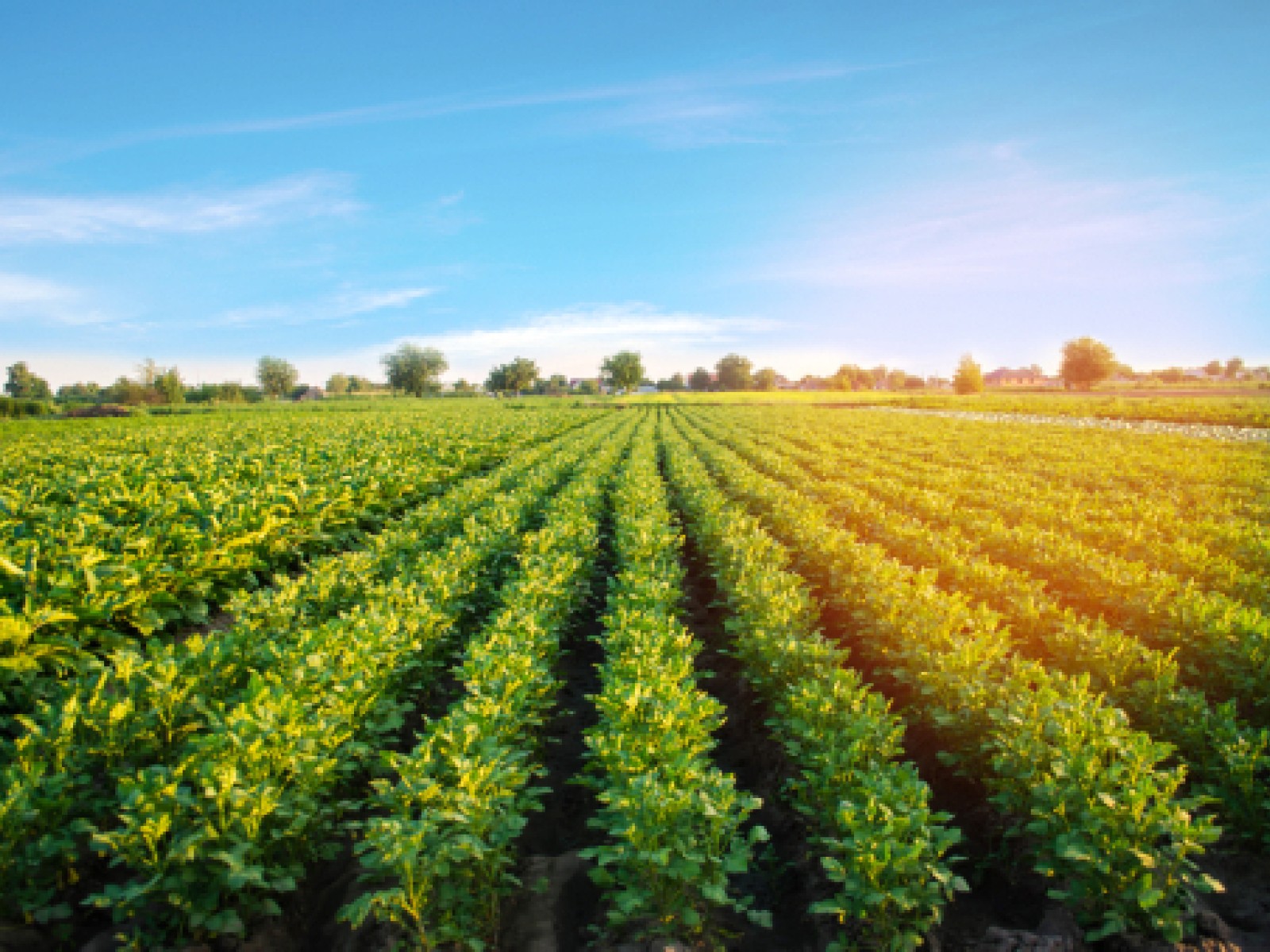Eating for a Trillion: Sustainable eating and Gut health
It is completely normal to feel overwhelmed by the huge amount of information on food, diets, healthy lifestyles, the microbiome, and the environmental impact of our daily choices.
But what does a “proper” diet look like? Does it make any sense to label a food as good or bad? Is there a magic formula to achieve optimal health and longevity? Can we follow a healthy diet without compromising the environment? What is a healthy and sustainable diet?
These are just a few questions you may ask yourself when purchasing your groceries or taking a bite.There is probably no single answer to all of the above questions, but it might be simpler than you expect.
The good news!
To make our lives easier there are some basic principles that allow us to combine a healthy and sustainable diet that nourishes the trillions of microbes that make up the gut microbiome. While taking care of our gut health, we have a unique opportunity to benefit both the earth and our own health.
Diet-microbiome interactions
The gut microbiome is a microbial organ that provides metabolic, immunologic, and protective functions for the host.
Diet is an important modulator of the types of microbes that live in our gut and their functionality. A rapidly developing research field, this area has a lot of potential due to the cost and prevalence of chronic diseases and potential treatments targeting dietary interventions.
Habitual diet, changes in dietary fat and fiber composition, and the consumption of polyphenols, and other food components have all been shown to impact the composition and function of the microbial community.
Science-based ways: Improve your gut bacteria, achieve beneficial health effects while taking into account environmental impacts
1. Inclusion, rather than Exclusion: Diversity, not restriction!
Eating a wide range of foods is a practical way to nourish the diverse populations of microbes in your gut. Each species plays different roles and therefore requires different types of nutrients to grow. A diet consisting of different food types can lead to a diverse microbiome. And generally speaking, this is considered a healthy aspect and is directly linked to overall health.
Broadening our diet is another way to support biodiversity. By demanding diverse produce and engaging with new consumption patterns we are collectively supporting a more sustainable food system.
2. Eat Lots of Vegetables, Fruits, Legumes, Wholegrains, Nuts, and Seeds
Changing your diet’s composition towards a more plant-based diet, including less meat in favor of vegetables and whole grains, as well as plant-based protein sources such as legumes, nuts, and seeds can greatly impact your gut, the climate, and your overall health.
These food groups contain large amounts of fiber and polyphenols, the principal fuel used for our microbes to thrive. By eating a wide range of plant-based foods, you are promoting the growth of beneficial gut bacteria.
Restrictive diets and radical changes are not required, and it isn’t necessary to give up those foods that you love! It’s about choosing the more environmentally friendly products within the different food categories and trying to avoid consuming too much of those products that negatively impact our environment.
3. Eat Seasonally and Locally when you have the chance!
Seasonal vegetables and fruits that naturally ripen in the sun taste better and are more nutritionally dense than out-of-season products. Typically, they have higher amounts of beneficial compounds, such as antioxidants and phytonutrients, essential compounds to achieve a healthy microbiome. Long times of storing causes losses in the nutritional value, while having negative effects on our environment.
Avoiding certain perishable vegetables and fruits that are air-flown when not in season in Europe and experimenting with new seasonal varieties is another way to support your body’s natural nutritional needs. Eating with the seasons provides different nutrients, new flavors and prevents monotonous diets generally deficient in basic nutrients.
4. When possible, always Go for Natural
Regardless of the type of diet, you decide to adopt, be it vegan, vegetarian, flexitarian, pescetarian, or any other type, it should be based on the consumption of natural or minimally processed foods. There is no doubt that this is key for your gut and general health.
Food processing is a very broad term and sometimes processing is essential to making food safe to eat. Processing can transform raw ingredients, improve flavor and remove harmful microorganisms. But, more recently, ultra-processed foods have become extremely popular and are filling our plates in a way not seen before.
Ultra-processed foods often contain high levels of refined sugars, saturated fats, salt, and chemical additives. They often lack dietary fiber, good sources of protein, and healthy fats. And they are strongly associated with “bad” gut microbes linked to poorer health markers.
This category includes items like candies, cakes, cookies, and sodas, as well as many pre-prepared ready meals and snack options.
Interestingly, according to the Food Climate Research Network (FCRN), ultra-processed, ready-made meals generate about 30-50% higher emissions than home-made meals with similar ingredients.
Choosing more nutritious unprocessed foods and limiting ultra-processed foods is definitely a win-win, and the best way to eat for your body, gut, and climate.
Author: Cecilia Clausen (Clinical Dietitian)





